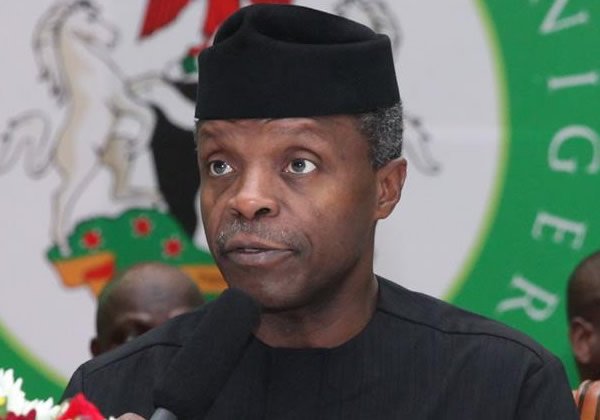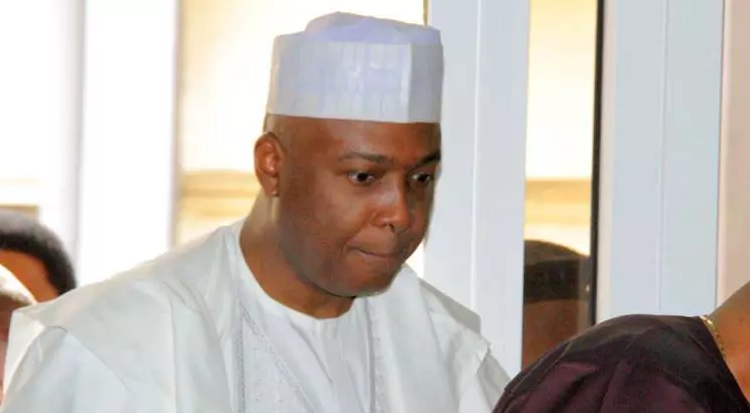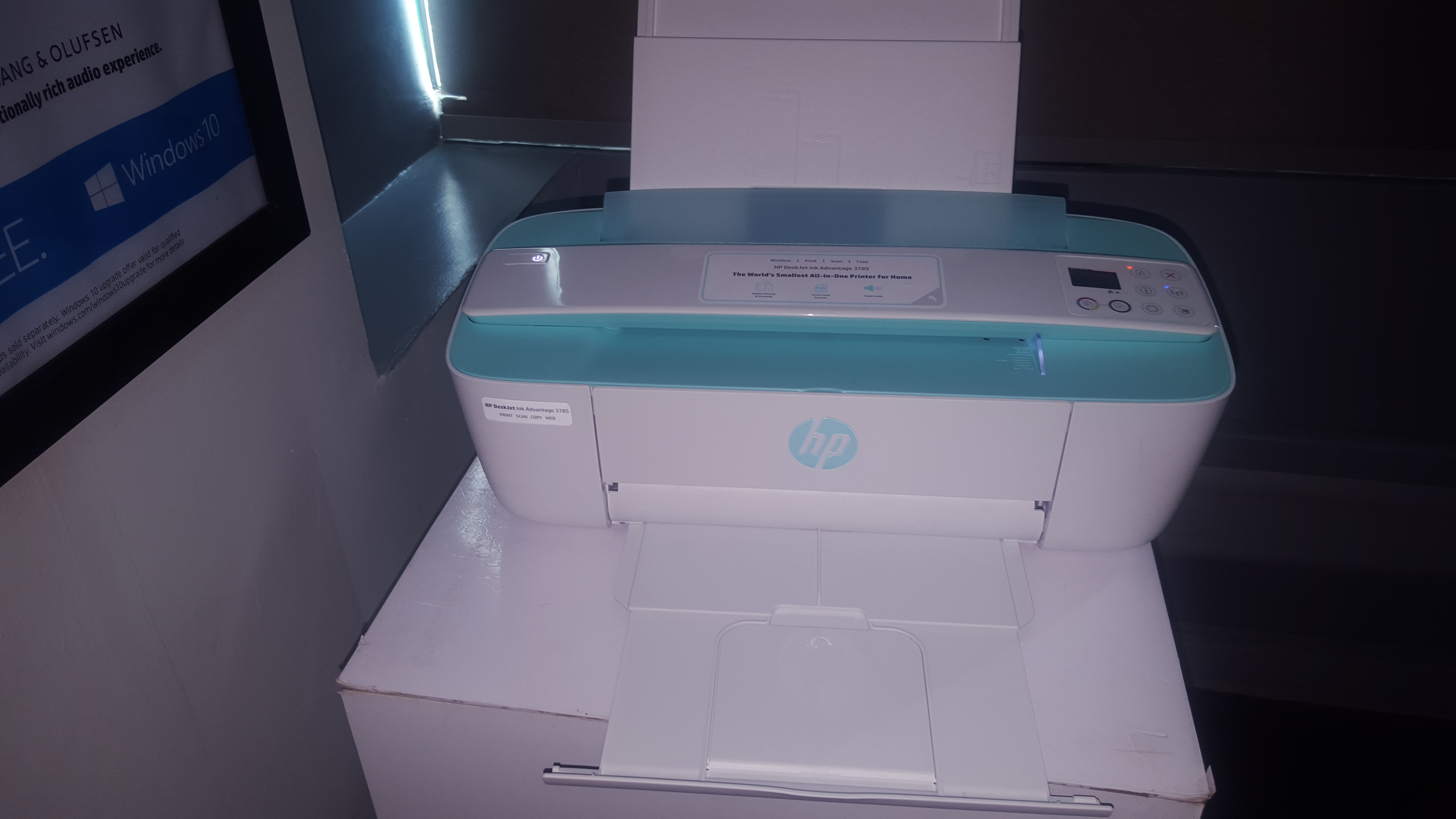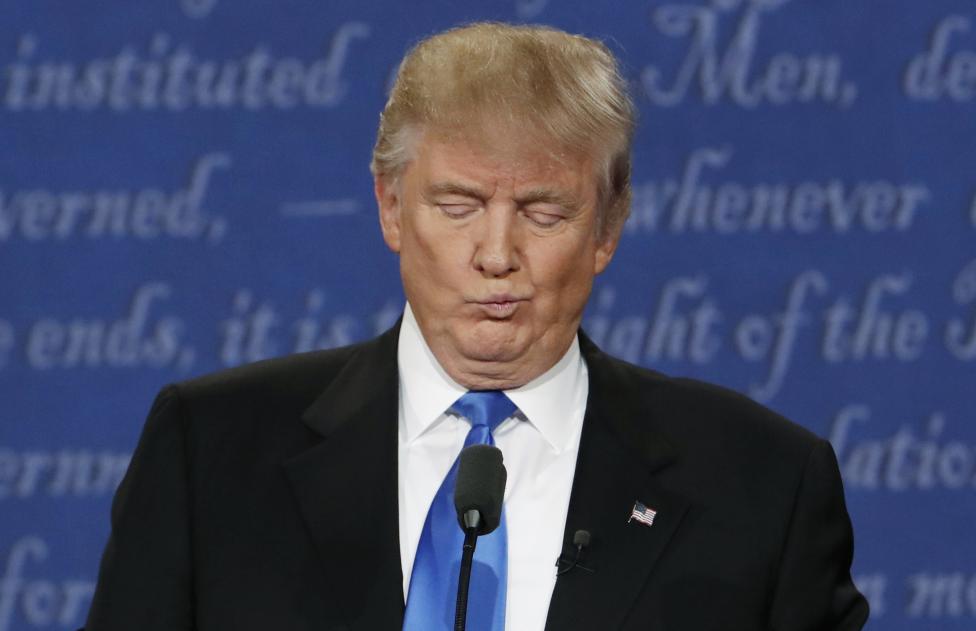Vice President Yemi Osinbajo says the 200,000 unemployed graduates selected in the first batch of the N-power Social Investment Programme will start working in two weeks.
A statement by Laolu Akande, his spokesman, quoted him to have said this while speaking at the Apostolic Coalition Summit in Lagos at the weekend.
“At the moment close to a million graduates have registered on the volunteered scheme and we should be doing the first 200,000 in the next 14 days or so, we should be able to get started with the first 200,000 across the country,” the statement read.
He said as a stop gap measure, the Buhari administration is engaged in direct creation of jobs, including the plan to create 500,000 jobs for unemployed graduates.
Advertisement
He also explained that efforts are also being made to ensure that jobs are provided across the country.
“Already 200,000 unemployed Nigerians have been selected, including 150,000 who would teach and serve in their communities,” the statement read.
“The balance is made up of 30,000 who would serve as Agric Extension Workers and 20,000 who would serve as public health workers.
Advertisement
“Each of the unemployed graduates would get a N30,000 monthly stipend, and also get an electronic tablet that would be packaged with several applications that would train and empower the participants.”
Osinbajo said N-Power scheme was launched as a volunteer programme “to create temporary opportunities for young graduates, to at least be doing something and many of them would be volunteer teachers, health officials and extension workers, who will earn a stipend.”
He said the participants would also have a device “and that device has a lot of training brochures, different forms of training brochures and it’s also a device that enables them to be able to, on a continuous basis, learn different things, some code-writing, some entrepreneurial skills.
“There are lot of varieties of material that can be learned on the device. The device is also a means of communicating with them wherever they may be in the country.”
Advertisement
The statement said that while the federal government would pay the 200,000 directly, state governments would play active roles in their deployment to the needed areas.
Add a comment







